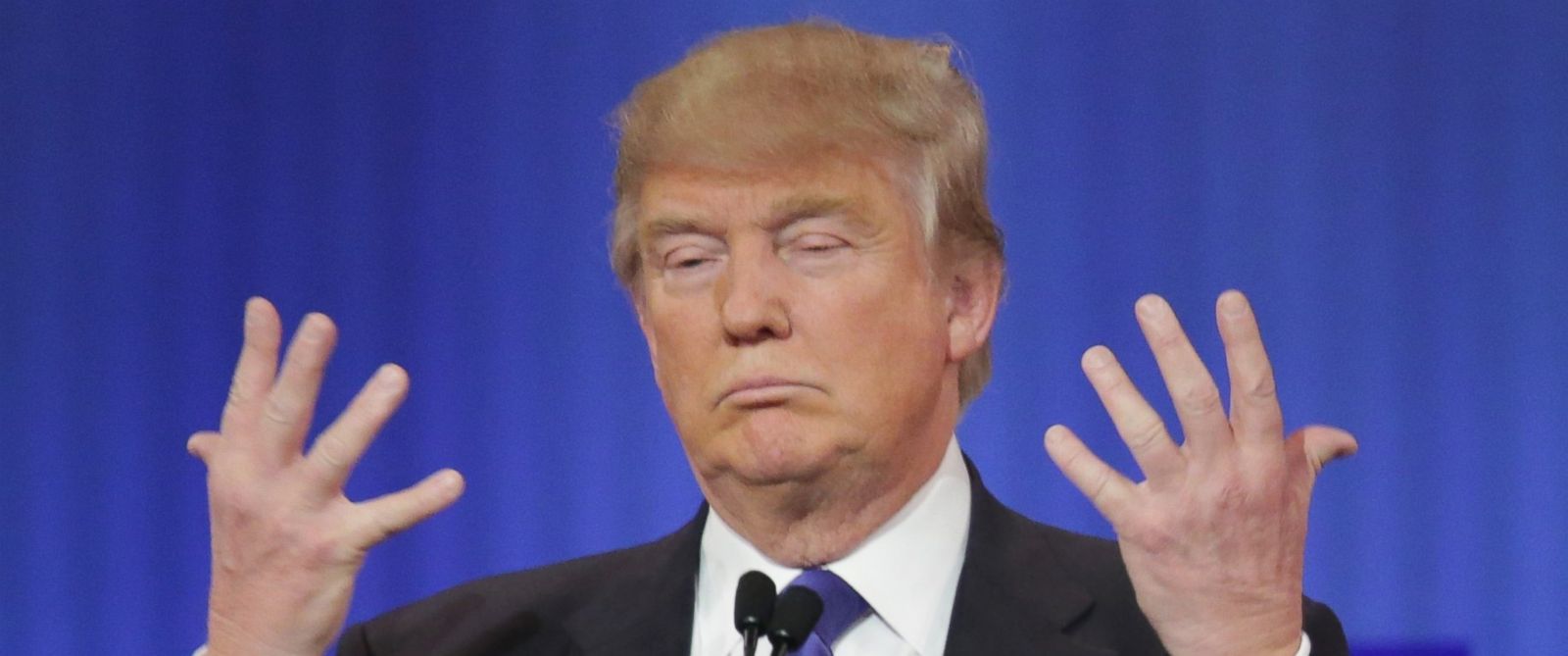
Disagreement is difficult and costly. When you disagree with someone on some matter of fact or policy, you’re alleging by implication that they’re mistaken. Whatever the source, the accusation of being mistaken stings–it suggests you have failed at a cognitive task and, importantly, that you are unaware of that. So you’ve failed at two cognitive tasks. There are polite ways to communicate this, but in the end they amount to the same thing: you’re right, they’re wrong. You’re passing judgment on them, as people. It’s personal.
Too often, sadly, people do not appreciate this. An example from the Chronicle of Higher Education. Historian Jonathan Zimmerman writes:
I yield to nobody in my disdain for Donald J. Trump, the presumptive Republican nominee for president. In a half-dozen essays, I’ve decried his bigotry and demagoguery. I’m especially concerned about his corrosive effect upon our civic discourse, which has sunk to almost unimaginable depths over the past year.
This disagreement with Trump, obviously directed at Trump supporters, is more than a matter of what kind of pizza is best. This disagreement concerns matters of fact and policy. Zimmerman thinks p, the Trump supporters think not-p or q. More than that, Zimmerman implies that supporters of Trump are susceptible to demagoguery and excuse, justify, or embrace bigotry. They’re mistaken in horrible and dangerous ways. That’s a pretty harsh judgment on them.
Despite such judgments, Zimmerman continues:
But I won’t join Historians Against Trump, which indulges in some of the same polarized, overheated rhetoric used by Trump himself. In a statement released on July 11, the new group warned that Trump’s candidacy represents “an attack on our profession, our values, and the communities we serve.” But that claim is itself a repudiation of our professional values, which enjoin us to understand diverse communities instead of dismissing them as warped or deluded.
Aren’t bigotry, demagoguery, and the corroding of public discourse an attack on the values presumably shared by academic historians? Let’s say they are. More importantly, Zimmerman shares HAT’s harsh judgment of Trump (and by implication his many supporters). In fact, let’s rephrase the last clause in light of this:
. . . which enjoin us to understand diverse communities [which are]Â warped or deluded.
Now he basically agrees with them. They even say as much:
As historians, we consider diverse viewpoints while acknowledging our own limitations and subjectivity. Our profession reminds us to look for the humanity in everyone as we examine the ideas, interests and movements that shape world events. We interrogate and take responsibility for our sources and ground our arguments in context and evidence.
To me it seems obvious that the historians are concerned, at this stage, to convince the Trump supporters that they’re mistaken and that their (and his) ideas are antithetical to a truth-based civil society. Figuring out just why these ideas have traction, understanding their appeal in other words, is secondary question. You can’t figure out why someone is a bigot without first concluding that they’re a bigot.